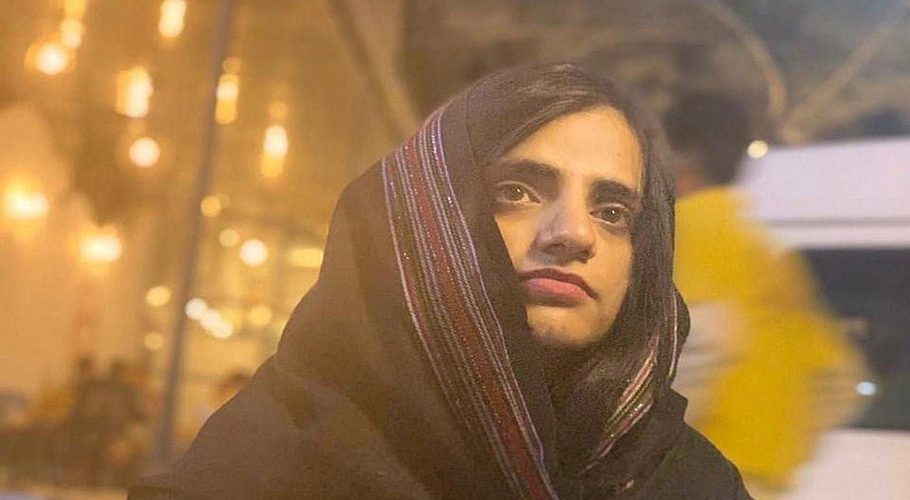Around 200 female protesters were arrested this week as they entered the federal capital. The demonstration aimed to raise awareness about alleged enforced disappearances of men in Balochistan province. Among those detained was the leader of the protesters, Mahrang Baloch.
According to the ethnic Baloch activst leader authorities has hindered and arrested protesters marching to highlight what they term a campaign of ‘enforced disappearances and extrajudicial killings’ in Balochistan. Later, the Islamabad police released the detained Baloch protesters after their bail was approved by IHC.
The 1,600 km long march, led by the Baloch Yakjehti Committee (BYC) under the leadership of Dr. Mahrang Baloch, 30, began on December 6 from Turbat district in southwestern Balochistan.

Mahrang, who became an activist in her teenage years after the enforced disappearances and custodial deaths of her father and brother, spearheads the movement. The ongoing protests since last month in Turbat were triggered by the alleged extrajudicial killing of a 24-year-old ethnic Baloch man, reigniting the debate on such incidents in Balochistan, where state agencies deny complicity. The province has been grappling with a low-level separatist insurgency for decades.
Who is Mahrang Baloch?
Mahrang Baloch, a Baloch human rights activist from Balochistan, has been actively combating oppression in her region, particularly addressing issues such as unlawfully enforced disappearances and extrajudicial killings by authorities.
Born into a Baloch Muslim family in Kalat, Balochistan, she holds a medical profession. Her father, Abdul Gaffar Baloch, was a laborer and a left-wing political activist who was abducted twice in 2006 and 2009. Tragically, the body of her father, Abdul Ghaffar Lango, a prominent Baloch nationalist activist, was mutilated in 2011.
Mahrang, bearing the emotional scars of witnessing the loss of a loved one and experiencing extrajudicial killings, reflects her sorrows through the depth of her eyes and in her voice.
“When you ask why my voice is harsh,” she says “I will tell you it is not harsh; it is sorrow that the state has inflicted on Balochistan since the first day of annexation with Pakistan.”



































